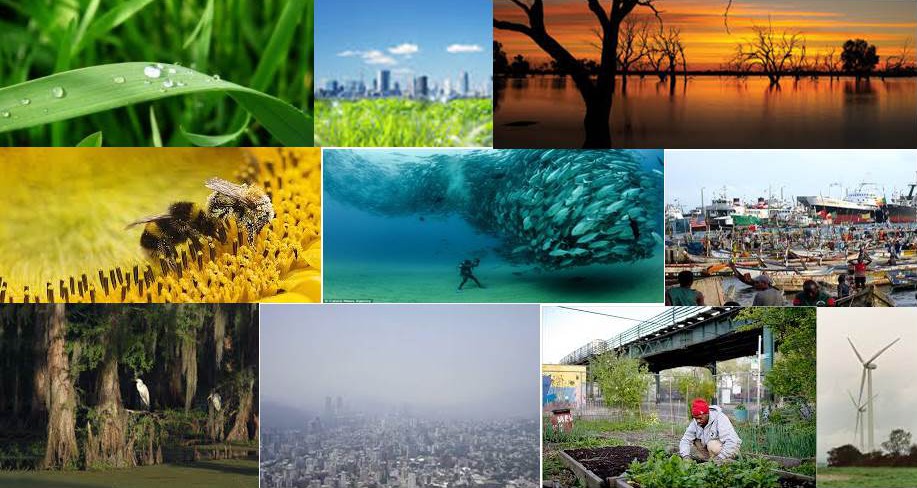Welcome to Environmental Economics Spring 2016
In this course, you will have the opportunity to explore and research issues relating to the economic impact of environmental changes and policies, both locally and globally. This is an interdisciplinary course which will explore environmental issues both from the Economic perspective, as well as from the perspectives of other disciplines, such as Sociology, Architectural technology, Psychology, and Hospitality management. You will also have the opportunity to conduct research on a wide range of topics relating to the economic challenges posed by current environmental issues.
Open Lab will be used for much of our work. This includes posting of the course syllabus, questions for commenting on assigned readings, and your notations of progress with the semester research project on the course Blog site, and some PowerPoint presentations.
To prepare for weekly discussions, you should visit the course site weekly to link to and complete the assigned readings and enter your responses to the posted questions from the readings on the blog site.Reminders will be announced in class. All assigned readings for the course (or links to them) will be posted here. The comments and thoughts you post on discussion questions related to the readings, the guest lecturers, films, etc. will be an important resource for class discussions. This is also a great opportunity to begin creating a dialog on the issues.
There will also be at least one scheduled visit to a site such as the Gowanus Canal Conservancy, SIMS Municipal Recycling Center or other (to be determined). The cost for these visits is minimal, and the information these visits provide is often of much value in the semester research projects.
The course site also features daily RSS news feeds on issues relevant to environmental economics from the New York Times and from GreeenBiz.com, both of which can offer additional informative perspectives and updates on current environmental initiatives.
Open Lab will also be used for posting midterm and final exam reviews.




